Lead Research Communicator
Malcom is a lead research communicator for Michigan Medicine and research communications strategist for the U-M Medical School, with more than 20 years of experience in strategic communications, marketing, and health and science writing. She covers the basic science departments, pulmonary and critical care medicine, infectious disease, pathology and anesthesiology. Contact: [email protected]

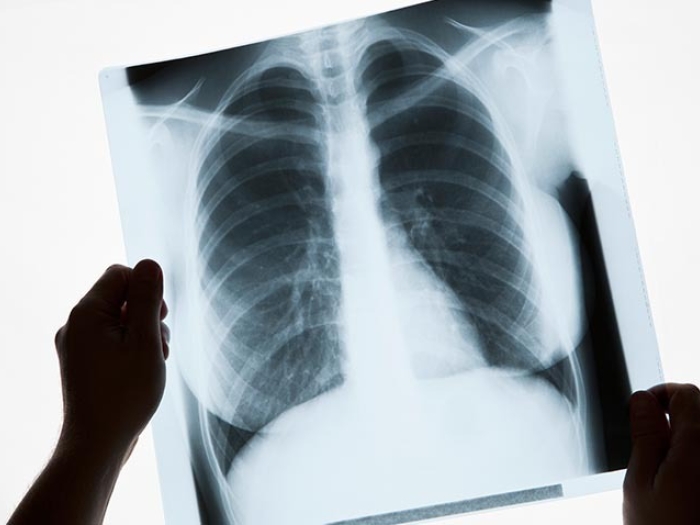
Health Lab
New research in mice suggests that understanding the role of the lung microbiome may be pivotal to reducing infection brought on by oxygen treatment for hypoxemia.
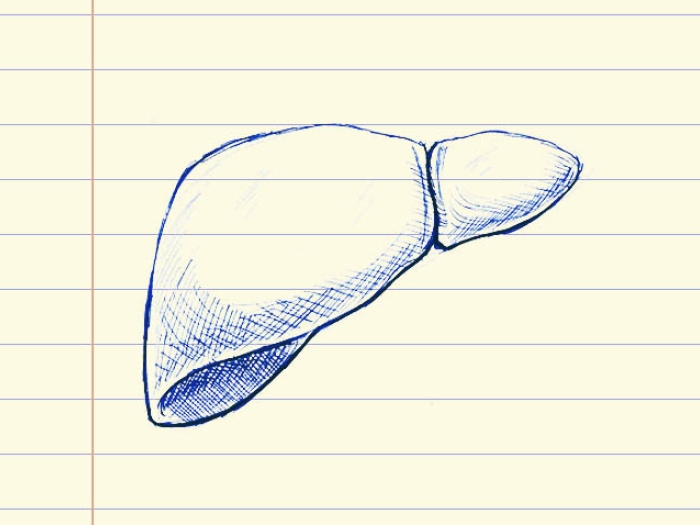
Health Lab
Mice lacking E4BP4 were protected against diet’s damaging effects.
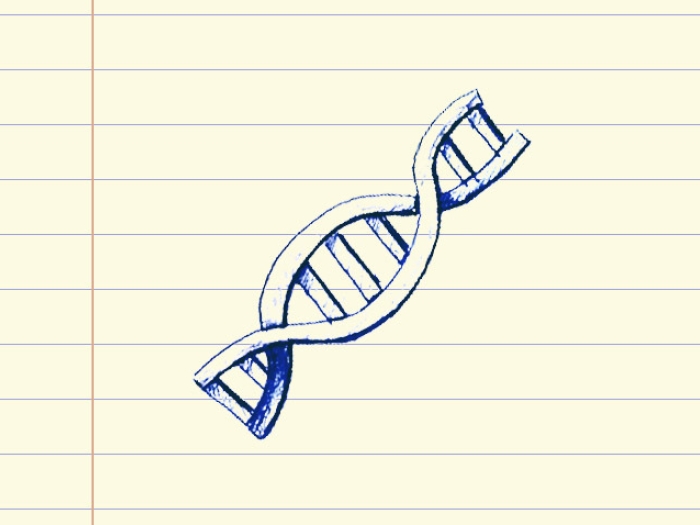
Health Lab
New technique provides insight into the role of genes in brain’s plasticity and cognitive disorders.
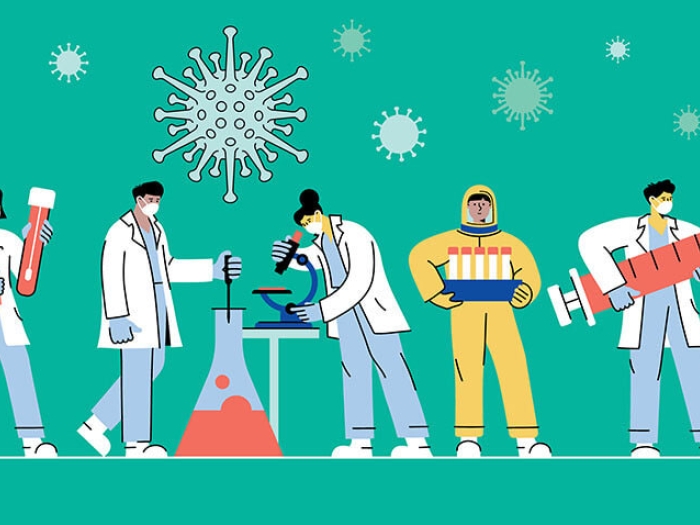
Health Lab
A COVID-19 vaccine is being made, but what do we know about the top five vaccine candidates trying to end the coronavirus pandemic?
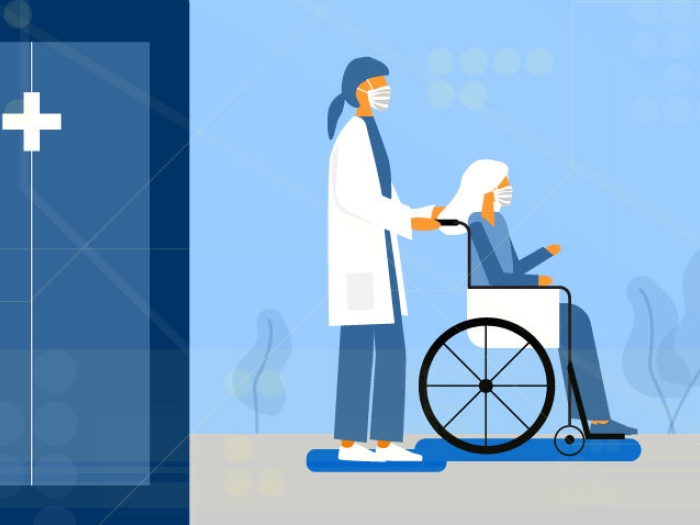
Health Lab
As more patients are discharged from stressed ICUs, they face multiple problems brought on by the pandemic.
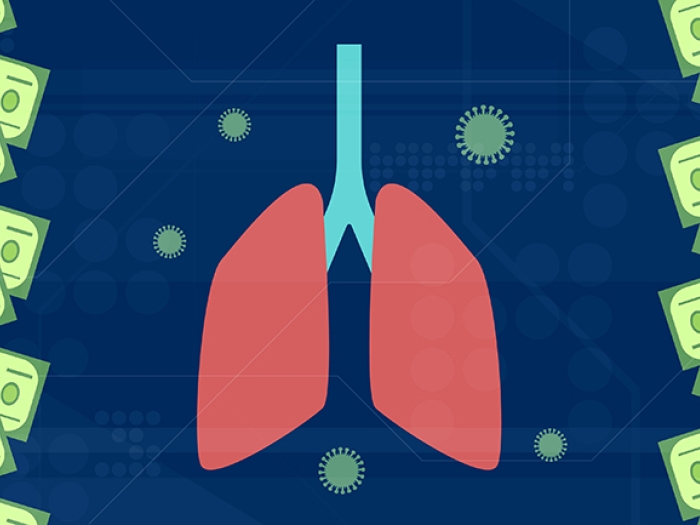
Medicine at Michigan
Many face serious financial effects — even homelessness — in recovery
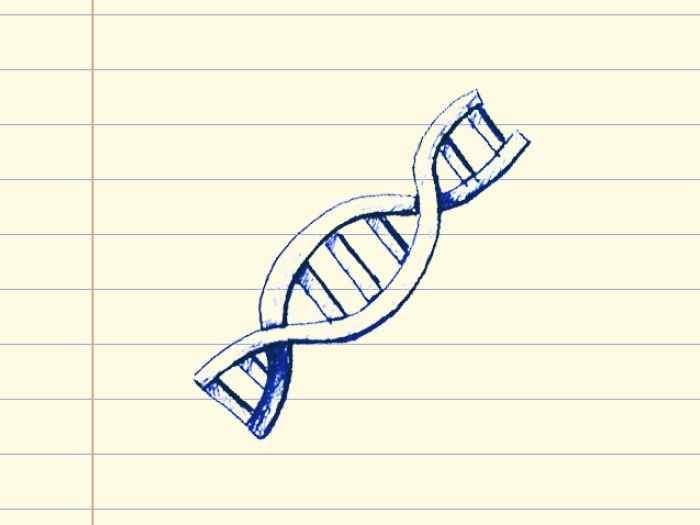
Health Lab
Mouse models of two rare brain development disorders see their conditions corrected through manipulation of histone H3K4me.
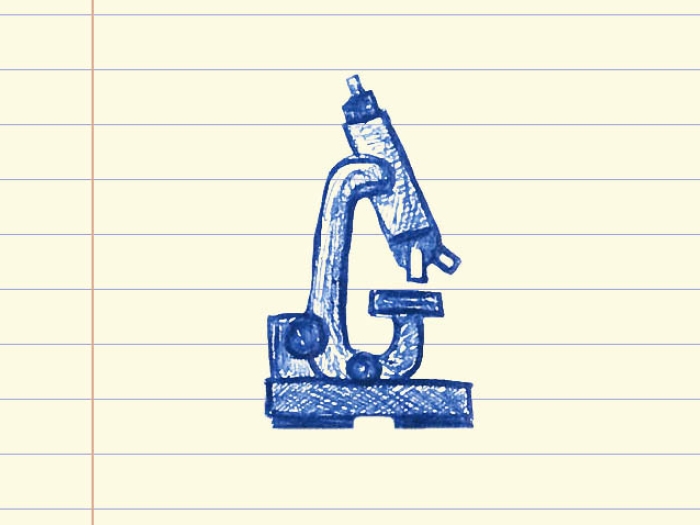
Health Lab
A study of the role of the Islet 1 gene in hormone production leads to accidental model of tumor formation.
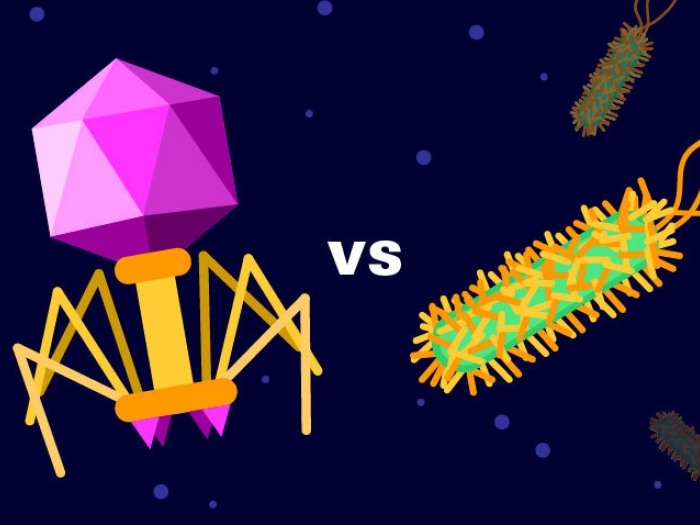
Health Lab
New research shows bacterial viruses could offer a way of beneficially altering the gut microbiome for the treatment of disease.
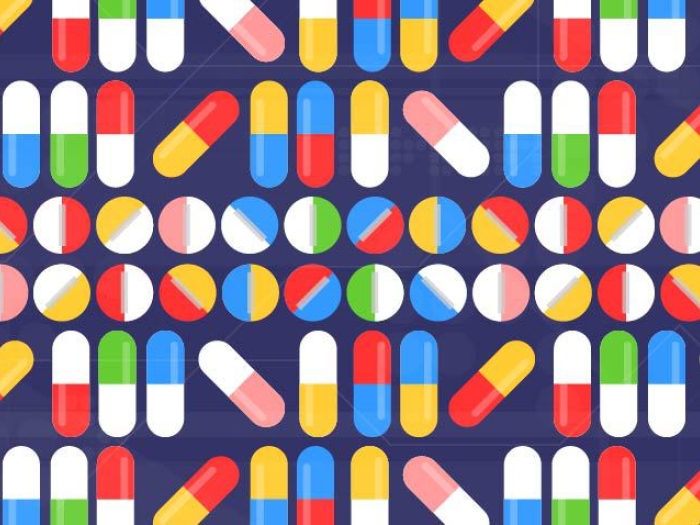
Health Lab
A new study finds that prescription drugs given in the ICU should be reevaluated after patient discharge to avoid continuing medication habits that were meant to be temporary.
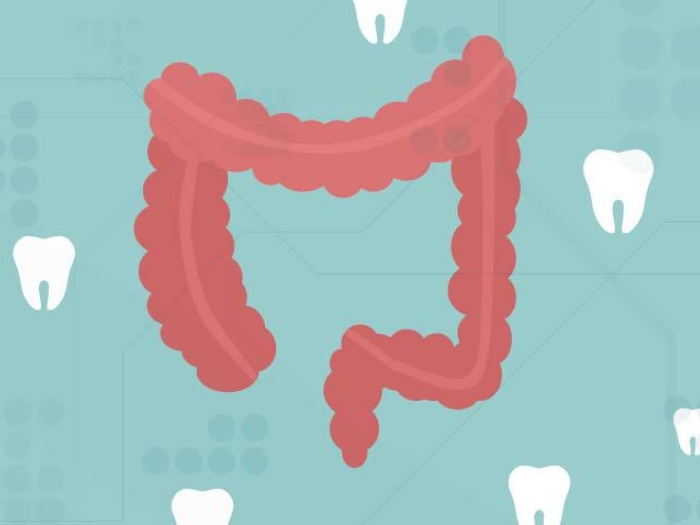
Health Lab
Can poor oral health cause IBD? New research shows oral hygiene may be directly linked not only to the worsening of the inflammatory illness, but may even be the cause of systemic disease.

Health Lab
Researchers are comparing the way genes are expressed in thousands of these sperm-forming cells in mice, macaques and humans to look for similarities and differences. This comparison provides clues about how sperm has evolved in mammals.
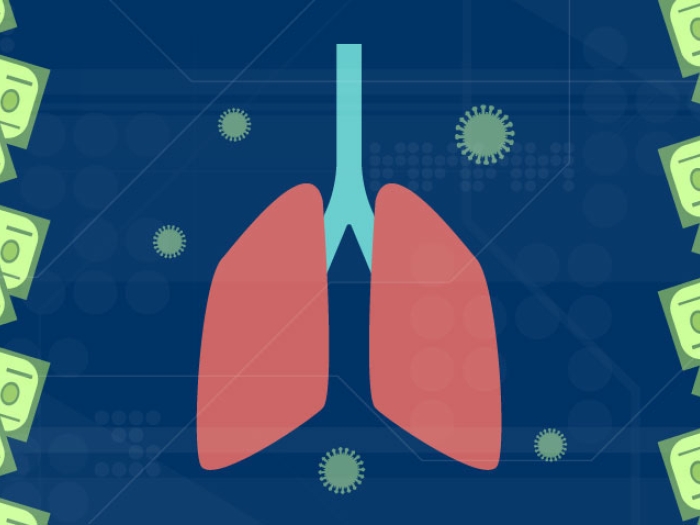
Health Lab
COVID-19 has intensified the need for crucial health policy changes to protect patients from financial toxicity resulting from overwhelming medical bills associated with ARDS
News Release
A new partnership between the University of Michigan and health care investment firm Deerfield Management Co. will create a company to commercialize therapeutic projects that hold promise in solving unmet medical needs.
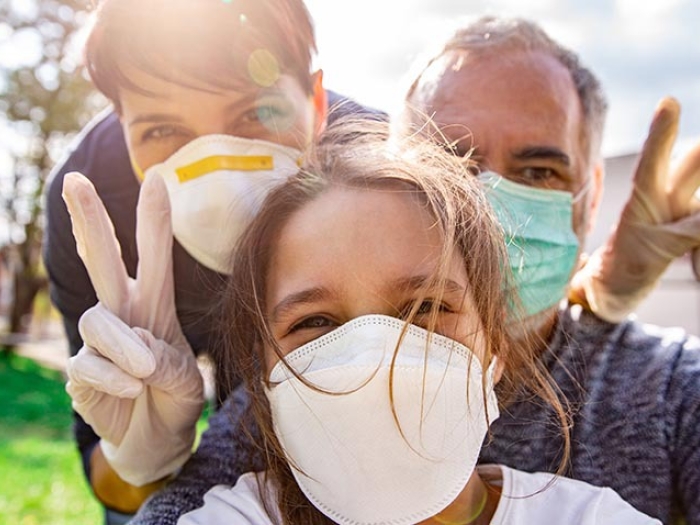
Health Lab
Five ways to reduce your risk of COVID-19 over the holiday weekend and beyond.